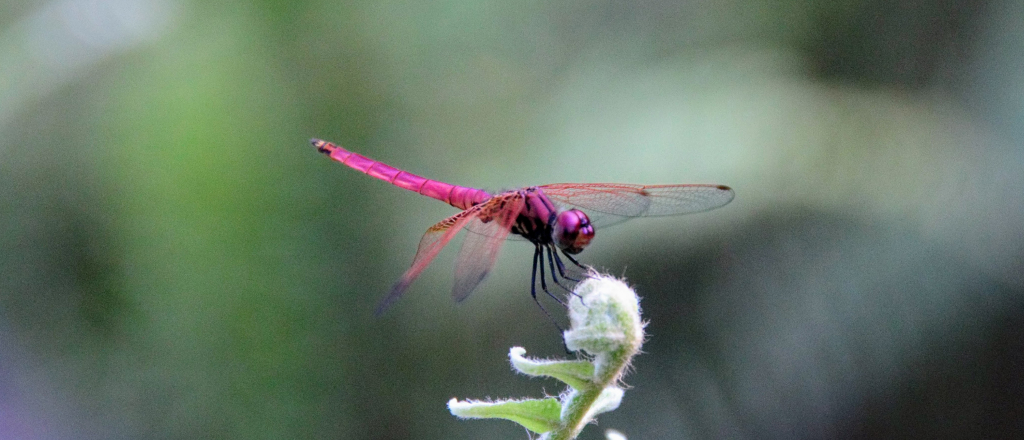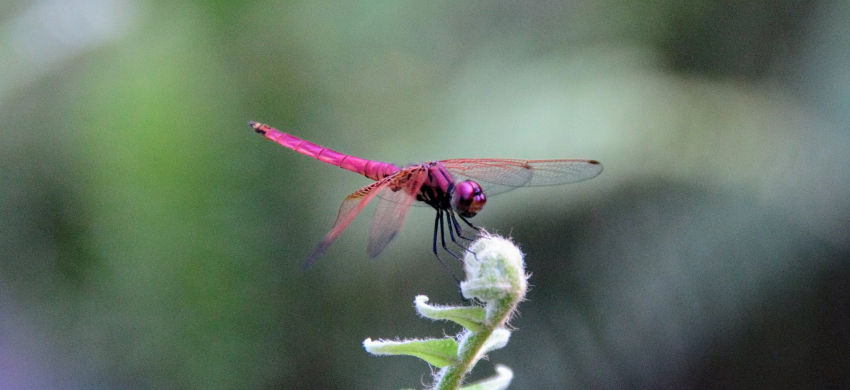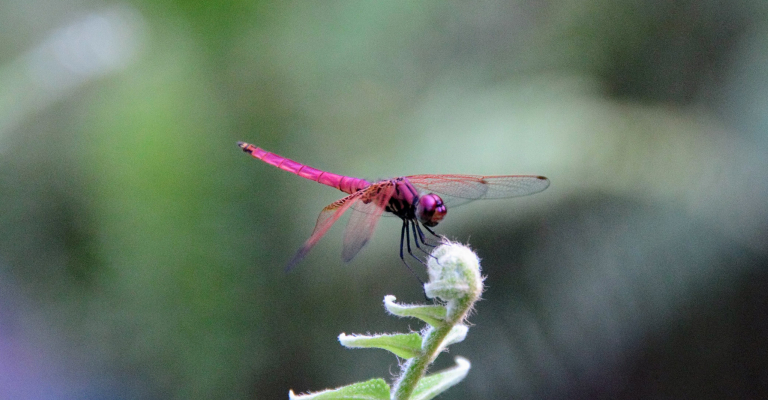Life Sciences endeavour to unravel the mysteries of living things across all scales, from the mechanics of protein ‘machines’, to the development of organisms from a single cell, to the splendour and complexity of entire ecosystems. The questions in the life sciences are as varied and intriguing as life itself. How does a single cell “know” how to develop into a complex organism? How is genetic information interpreted? Can we predict the effects of gene mutations on the properties of an organism? Or the effect of climate change on ecosystems? How do organisms protect themselves from viruses, and how do viruses circumvent those protections, continuing on and on in an evolutionary arms race? How might life have arisen on Earth? What drives the formation and stability of ecological communities? What can human genetic variation tell us about the history of human evolution and migration?
Part of the appeal of biology is that the methodologies and technologies we use are as varied as the questions themselves. The methods draw on chemistry, physics and computational sciences, as well as some that are uniquely biological, such as genetics.
The Life Sciences major is ideal for the student with a fascination for where we come from, why we are the way we are, and how life works; as well as those motivated by the relevance of biology to issues of human health, the environment and sustainability. The major provides excellent preparation for careers in biological research, biotechnology, law, conservation, public policy, and science writing, as well as the health professions, including medicine, veterinary medicine and public health.
Our students are exceptional young people. Both the students and the faculty have created a dynamic, exciting and demanding learning environment at the College. I believe the liberal arts model offers exciting opportunities for science-learning that is relevant to today’s career opportunities for young people. My priority is to see that we produce graduates who become scientific leaders and innovators of the future.
– Stephen B Pointing, Former Director, Division of Science
Life Sciences Careers after Yale-NUS
The Life Sciences major is ideal for the student with a fascination for where we come from, why we are the way we are, and how life works; — as well as those motivated by the relevance of biology to issues of human health, the environment and sustainability. The major provides excellent preparation for careers in biological research, biotechnology, law, conservation, public policy, and science writing, as well as the health professions, including medicine, veterinary medicine and public health. Below is a sampling of some of the organisations our students have joined after graduation
- Uniphage (biotechnology start-up, co-founder)
- National University of Singapore (research assistant)
- Nanyang Technological University Lee Kong Chian School of Medicine (bioinformatics researcher)
- Yale School of Medicine (research scholar)
- NUS Saw Swee Hock School of Public Health (research assistant)
- Camphora (environmental education specialist)
Our Life Science graduates have also enjoyed great sucess in being accepted into outstanding graduate programmes in biology and medicine around the world. Their high acceptance rate is testament to the strong research training and one-on-one mentoring they received while at Yale-NUS. What follows is just a small sample of the graduate school placements of our alumni:
- Stanford University (PhD in Neuroscience), USA
- Duke-NUS Medical School (MD+PhD, and MD programmes), USA
- Dartmouth College (PhD in Molecular and Celluar Biology), USA
- University of Edinburgh (MSc in Integrative Neuroscience), Scotland
- Rockefeller University (PhD in Bioscience), USA
- Duke University (MD+MBA), USA
Liberal arts and sciences colleges are unique and wonderful places to do Science majors. The smaller student-to-faculty ratio in Yale-NUS College means that science students are able to work closely with faculty, in course work and research, as well as in in the laboratories, where they get to experience what it is like to do research and the excitement of working on a problem that has not been solved before. A liberal arts training will also develop essential communication skills that are often neglected amongst science students and academics. Such skills are particularly critical when it comes to presenting scientific research at conferences for example. It is also so much more fun if you are able to communicate to people what you are doing, and to share the enthusiasm and excitement of science
– Mark E Bussell, Former Director, Division of Science





